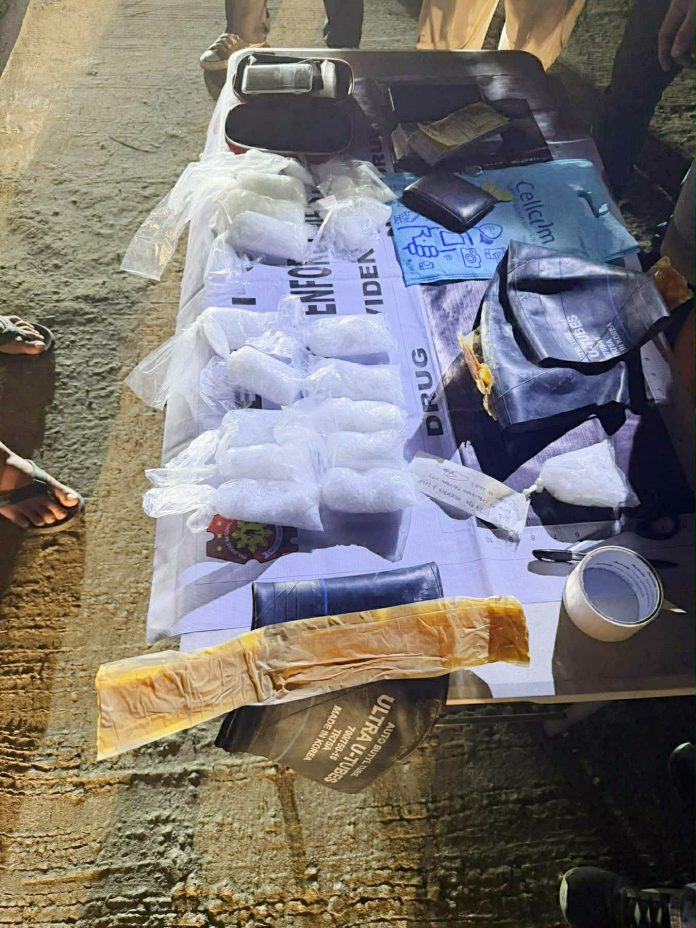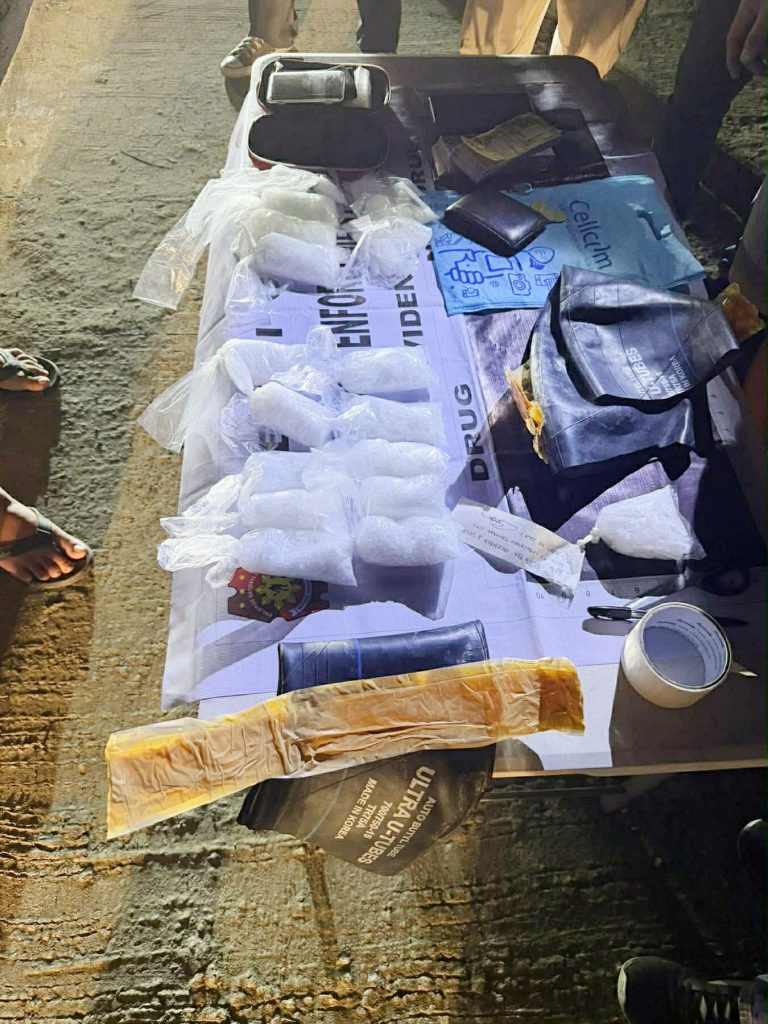
ORMOC CITY — He has designed furniture for Brad Pitt, Queen Sofia of Spain, and even royalty in the Middle East — but on Monday night, world-renowned Filipino designer Kenneth Cobonpue unveiled something delightfully unexpected: his first-ever Christmas tree.
And Ormoc City gets to brag that it’s the chosen home.
Rising 55 feet at the city’s public plaza, the whimsical installation lit up the night as Cobonpue joined Mayor Lucy Torres-Gomez and Leyte Rep. Richard Gomez onstage for the countdown, greeted by cheers, camera flashes, and the collective wow of a city seeing something truly unique.
This is no ordinary tree. Think less pine and more playful fantasy — with an Ormoc twist.
Crafted from fabric, foam, styro, paint, and LED lights, the tree is stacked in six imaginative layers that bring the city’s natural world to life, inspired largely by the biodiversity of Lake Danao.
The journey begins underwater: turtles, coral, starfish, schools of fish, and even a mermaid swim through glowing lights. Climb a level and you’re on the farm, where a carabao, goat, deer, and dragonfly seem to graze in neon harmony.
The adventure continues through land and forest — complete with a snake, lizard, and banana (because why not?) — before taking flight into the sky, where birds and butterflies dance in color. At the very top sits an eagle spreading its wings next to Ormoc’s official flower, the calachuchi.
For Cobonpue, it was a creative leap.
“This is my first time to design a Christmas tree and it is in Ormoc City,” he said, recalling how Mayor Torres-Gomez approached him just a month ago with the idea.
For a designer famous for sculptural furniture made from rattan and bamboo, the switch from chairs to Christmas wonder was a refreshing challenge — and clearly, a fun one.
But the spectacle doesn’t end with the tree.
Inside the plaza, 12 glowing pineapple ferries illuminate the walkway. They’re Cobonpue’s playful tribute to Ormoc’s famed sweet pineapples, as well as a nod to the 12 months of the year.
Mayor Torres-Gomez said this year’s theme is a joyful reminder of nature’s beauty.
“For this year’s Christmas tree, we want to celebrate the environment because we are all stewards,” she said, noting how climate change makes the message more urgent.
Rep. Gomez, meanwhile, was all smiles as he admired the towering masterpiece.
“This is the most beautiful Christmas tree the city has ever had. Thank you, Kenneth, for designing it for Ormoc,” he said proudly.
Ormoc has built a reputation for creative Christmas trees — last year’s Nutcracker-themed one drew crowds — but Cobonpue’s imaginative, nature-inspired installation may just be the city’s most magical yet.
(JOEY A. GABIETA/LIZBETH ANN A.ABELLA)






